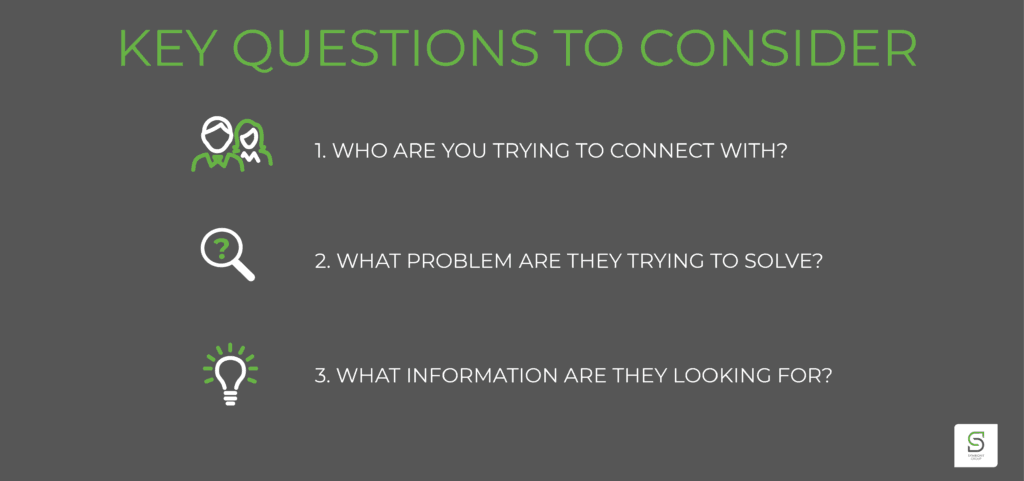Every day we’re bombarded with more blog posts, more marketing guides and more noise.
According to a study from the Content Marketing Institute, 70% of B2B marketers expect their organization to produce more content in 2020.
B2B marketers have done a great job producing volumes of content, but very little of it means anything to the people who matter most: potential buyers. New marketing content frequently regurgitates the same old information (and buzzwords), focuses on the company instead of the customer and offers very little value.
This overflow of content has made it increasingly difficult for companies to gain the attention of buyers and drive real business results.

Before you invest additional time and money towards creating more content, focus on establishing a content marketing strategy that puts your customer—and not your company—first. Here’s why customer-focused content matters.
Your buyers are tired of reading about you
Buyers are tired of reading about the features and benefits of your product or service. They’re tired of reading about your company. They’re tired of being sold to. What they’re really looking for is help.
Buyers want knowledge and expert insights. They want to know what they can do to be more successful in their current role. And this requires a dramatically different approach to developing content.
Many B2B companies are still creating content the same way sales and marketing messaging was created before the arrival of the internet: as a sales pitch. Self-promotional content about your company flat out doesn’t cut it anymore. It does nothing for your target audience and it wastes your company’s time and resources.
Your job as a marketer is to educate your buyers and show them how they can become more successful without actively pitching your product or service. By delivering valuable customer-focused content, you’re not selling; you're paving the road to eventually selling a product or service related to your content down the line.
You can’t meet your business goals if you don’t meet your audience’s needs first
Many content marketing programs fail before they even get off the ground. These programs tend to focus on what the business wants (usually a bigger sales pipeline) before considering what their audience needs.
What ends up happening is marketers ultimately create content they believe will drive the primary business goal instead of creating content buyers are actually looking for. Their content then gets ignored and marketers are left scratching their heads, wondering why their efforts aren’t generating any leads.
Before you jump back on the content hamster wheel, pause and think for a few seconds.

Remember, your audience doesn’t care about your monthly or quarterly sales pipeline goals. They care about accomplishing theirs.
You can build trust with your potential customers
People buy from companies they know, like and trust. They can get to know your company pretty easily by checking out a few of your blog posts, looking at your website and reading about your product or service.
During their research process, visitors then decide whether they like your company by asking themselves:
- What's the company’s personality like?
- Does the company seem authentic?
- Do the company’s values align with mine?
Getting someone to know and like your company can happen quickly. Getting someone to trust you takes time. The best way to build trust is to understand what your audience needs, create valuable content they want to consume and consistently deliver it to them.
One of the main reasons why people don’t return to a company’s website is because the content becomes stagnant. They have no reason to come back because they’ve seen it all before. You need to set an expectation there will be new, relevant content waiting for your audience to consume when they return and consistently follow through on that promise.
Making promises and keeping them is a surefire way to build trust with your future customers.
So what?
Developing customer-focused content isn’t easy, but it’s worth the effort. It requires a completely different approach to developing content and forces marketers to truly put the customer—and not the company—first.
When you understand your audience’s needs and consistently help them answer important questions they have about growing their business, you lay the foundation for profitable relationships with your future customers.
